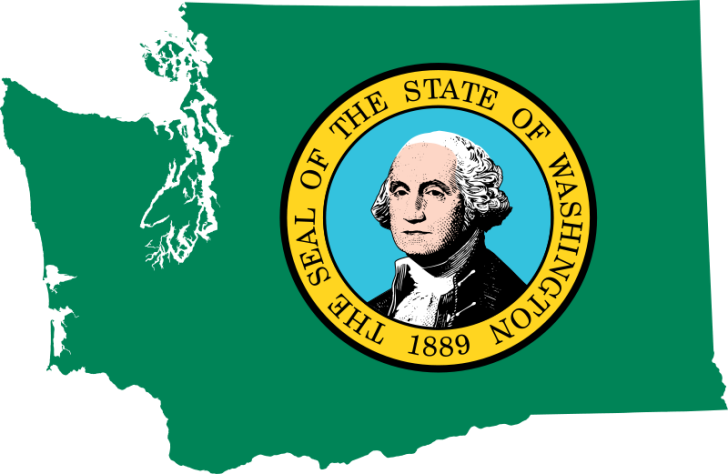Bill 5638
Substitute bill 5638 was signed and approved by the State Governor, Jay Inslee on April 26th. First presented in the start of the year in January, the bill was approved with an overwhelming majority of 96 to 1. The bill is slated to be in effect from July.
The specific clause that gave blockchain data its legality and protection states, “An electronic record may not be denied legal effect, validity, or enforceability solely because it is generated, communicated, received, or stored using distributed ledger technology.”
This is seen by many as a crucial turning point in distributed ledger technology acceptance at large. The passage of this bill has a great impact at different levels. For example, any violation of an agreement made through a smart contract can now be used in a court of law within the state as proof of the original agreement.
The bill also gives a clear definition of what is a distributed ledger technology and blockchain. The bill states DLTs are “any distributed ledger protocol and supporting infrastructure, including blockchain, that uses a distributed, decentralized, shared, and replicated ledger,” with blockchain being “a cryptographically secured, chronological, and decentralized consensus ledger or consensus database maintained via internet, peer-to-peer network, or other similar interaction.”
Blockchain States
Several different states from the U.S. are legalizing blockchain in one form or another. Ohio, for example, is the first state to accept taxes through Bitcoin. A Utah bill has said that any person, organization or entity that deals in cryptocurrencies is exempt from the fiat based Monetary Transmitter Actsince these entities are not classified as money transmitters.
Texas is, perhaps, one the most crypto friendly, with a bill that declares stable coins as a form of legitimate currency, giving it the same regulations, laws and protection as any other fiat.`
 Saad Ullah
Saad Ullah

 Saad Ullah
Saad Ullah


